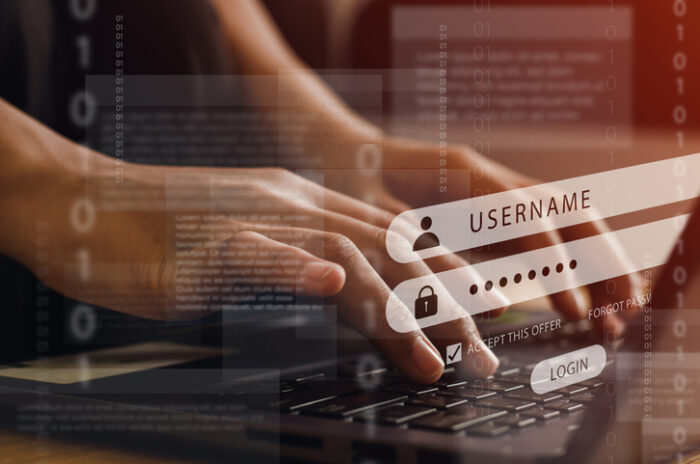On the eighth day of Christmas…
Christmas is a time for giving and good wishes, showing our appreciation for those we hold dear. Receiving an eCard, especially at Christmas is never usually a source of concern, many are sincere and sent with good wishes. However, as always, there are bad guys out there looking to take advantage and they see eCards and online well wishes as a perfect means for doing this.
Malicious eCards can contain spyware or malware, designed to infect your computer and steal your data. In some cases, eCards have been the source of rather nasty ransomware, a virus that locks down your files and demands a payment to unlock them.
It’s always best to exercise caution especially if you receive something that you’re not expecting. There are usually clues that can help you spot a malicious eCard; look out for spelling mistakes and poor grammar and never install .exe files.
Cybercriminals understand that humans are the weak link, they will try to get you to download malicious software so they can access sensitive information. The simple rule of thumb is if you don’t recognise the sender, don’t open the card.
It can also be useful to check the sender’s address to ensure that it originated from an authentic greeting/ eCard company. If the card is from an anonymous sender, it’s probably best to delete it.
As criminals continue to get more creative, holiday greetings are just one more thing you have to be wary of.
Curiosity not only killed the cat, it can also kill your PC (with a virus!).



